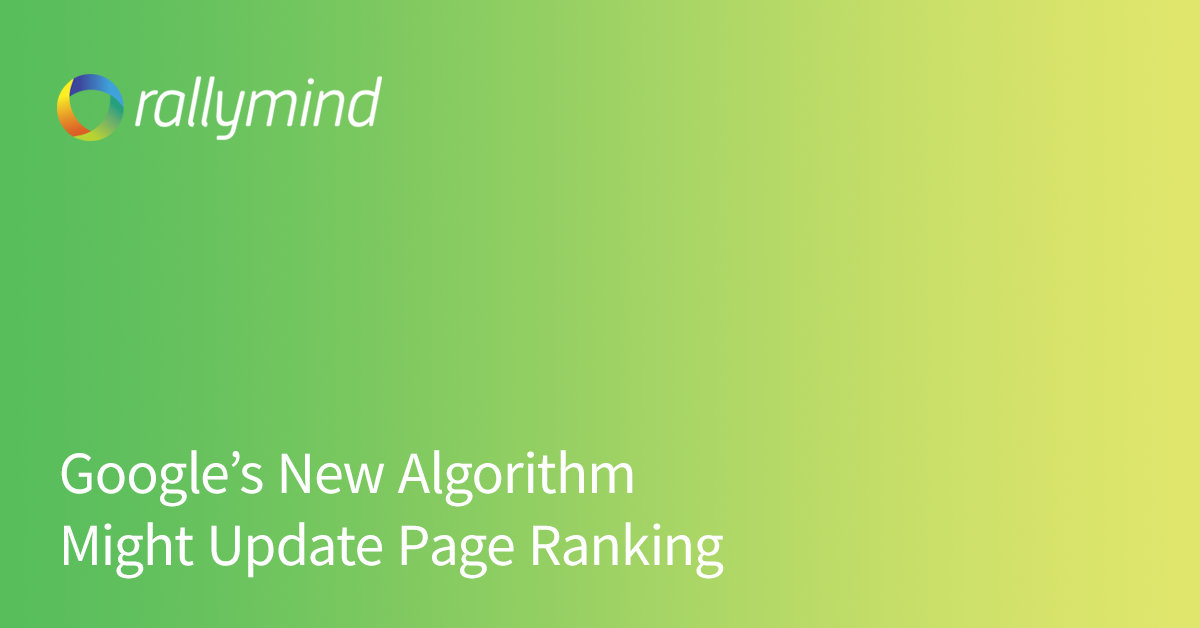
“Ranking is at the heart of many information retrieval (IR) problems, including ad-hoc document retrieval, question answering, recommender systems, and many others... the main goal of a ranking problem is not to assign a label or a value to each individual document, but to determine the relative preference among a list of them” - Google
Google recently released a new way to greatly increase page ranking found within their new research documentation called “Learning Groupwise Scoring Functions Using Deep Neural Networks”.
The update to the platforms algorithm highlights strides in calculating and delivering greater relevance.
The documentation was an introduction to Groupwise Scoring Functions among other new findings, but these new functions have yet to be confirmed by Google on whether or not if it is currently operational.
However, one could extrapolate that it more than likely is operational if researchers are publishing the research paper making these claims of improvements.
Whether or not we should assume this is yet to be determined and in the past Google has been quoted saying “Google research papers, in general, shouldn’t be assumed to be something that’s actually happening in search.”
Why does this matter?
Understanding how the new algorithm evaluates web pages is important to improve existing and new pages for better SEO.
The research documentation explains that the new logic tags and rank web pages one by one first, and then scores the web pages against other competing pages to find out which will be the most relevant.
The documentation also accounts for how current algorithms work “While in a classification or a regression setting a label or a value is assigned to each individual document, in a ranking setting we determine the relevance ordering of the entire input document list.”
The paper then asks us to consider the age of all of the relevant web pages can give a clue to better satisfy searcher's intent. From reviewing the age of the web pages first, the ranking algorithm can discern which is a better web page for the user.
Why you should care.
Getting ranked in Google is constantly evolving and it is important to stay up to date with the times and with the current best practices as they come along and over time begin to no longer become a factor.
This documentation shows how considering similarities between relevant pages may provide clues to better understand searcher’s intent. Knowing what users are searching for, help with creating successful web pages that appeal to targeted traffic.
